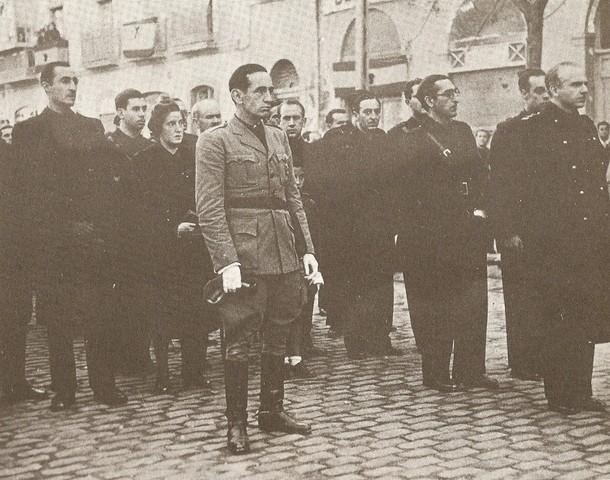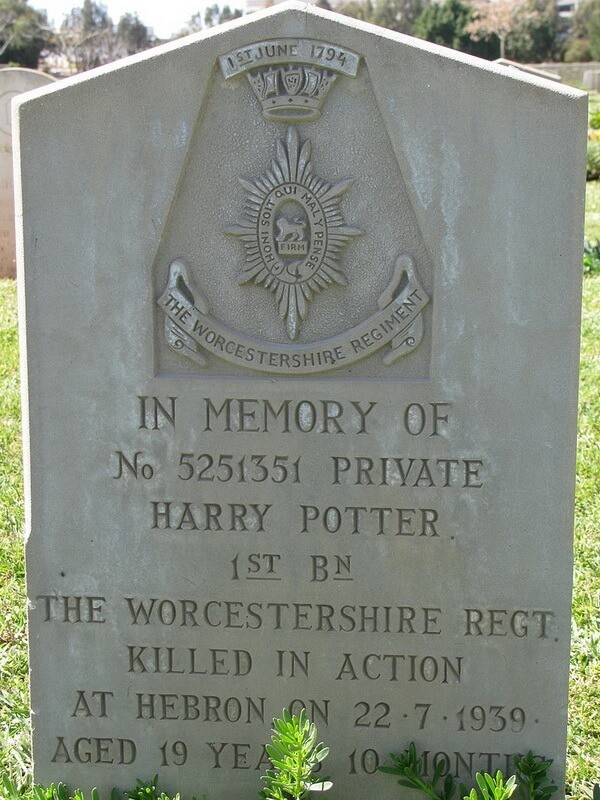
Agustín Munoz Grandes soldier from Moroco and general of Blue Division
In the African heat, he raised to become a very skilful officer. When Spain became to be a republic rewarded him for his services with imprisonment. Subsequently after the outbreak of civil war, he did not hesitate to join the insurgents and very reliably commanded large combat bodies.
His reliability, command skills, and popularity between his soldiers predestined him to receive command a volunteer division that represented the determination of the Spanish people to repay the Soviet Union for interfering in Spanish internal affairs and support the civil war as well.













































